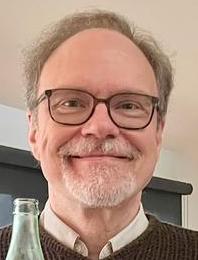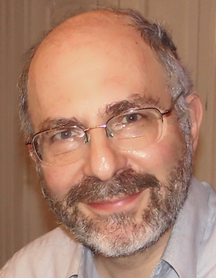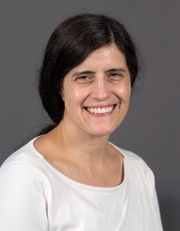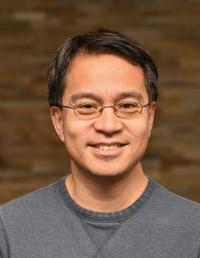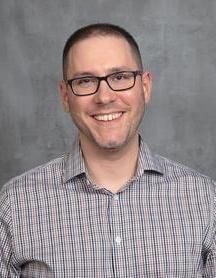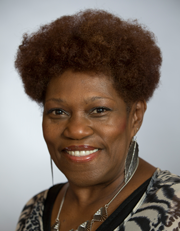The cognate in Music Composition cognate requires a minimum of 9 credit hours of courses offered within the Composition Department (i.e. with the “COMP” prefix in the course number).
The core course requirement for the cognate is Composition Elective (COMP6030, 1 to 2 course units), which the student should take for at least two consecutive semesters. This course enables the student to compose their own music under the guidance of weekly lessons with one of our Graduate Assistants in Composition.
Beyond that, the student may take any other course within the Composition program, provided the course is at the graduate level (i.e. 6000 course number or above). Available courses for which the student may register include the following:
- Composition Symposium (COMP6001, 1 course unit)
- Advanced Orchestration (COMP6012, 3 c.u.)
- Special Topics in Composition (COMP6011, 3 c.u.)
- Composer/Performer Workshop (COMP6002, 1-3 c.u.)
- Introductory courses in Electronic Music (Introduction to Electronic Music, Electronic Music Techniques (COMP6071, 6072, 3 c.u.)
- Advanced courses in Electronic Music (Music Programming Projects, Interactive Music, Timbre Studies, COMP6077, 6076, 3 c.u.)
- A variety of other courses available within the Composition program, such as Professional Aspects of a Composition Career, Shaping Time, Writing for Voice, etc.
Interested students first meet with a member of the Composition faculty to determine their interest and readiness to pursue a cognate in Composition. Once accepted, the student draws up a course plan in consultation with a member of the Composition faculty who acts as that student’s cognate advisor. After the student has completed their coursework in the cognate, they consult with their cognate advisor at least one semester before they take the DMA Orals Exam in their major to devise a focused course of study that will provide the basis for questioning during the cognate portion of the orals exam. The cognate advisor then questions the student on composition-related topics for 20 minutes during the cognate portion of the DMA Orals Exam. Once this requirement has been passed, the student has successfully completed the cognate.

